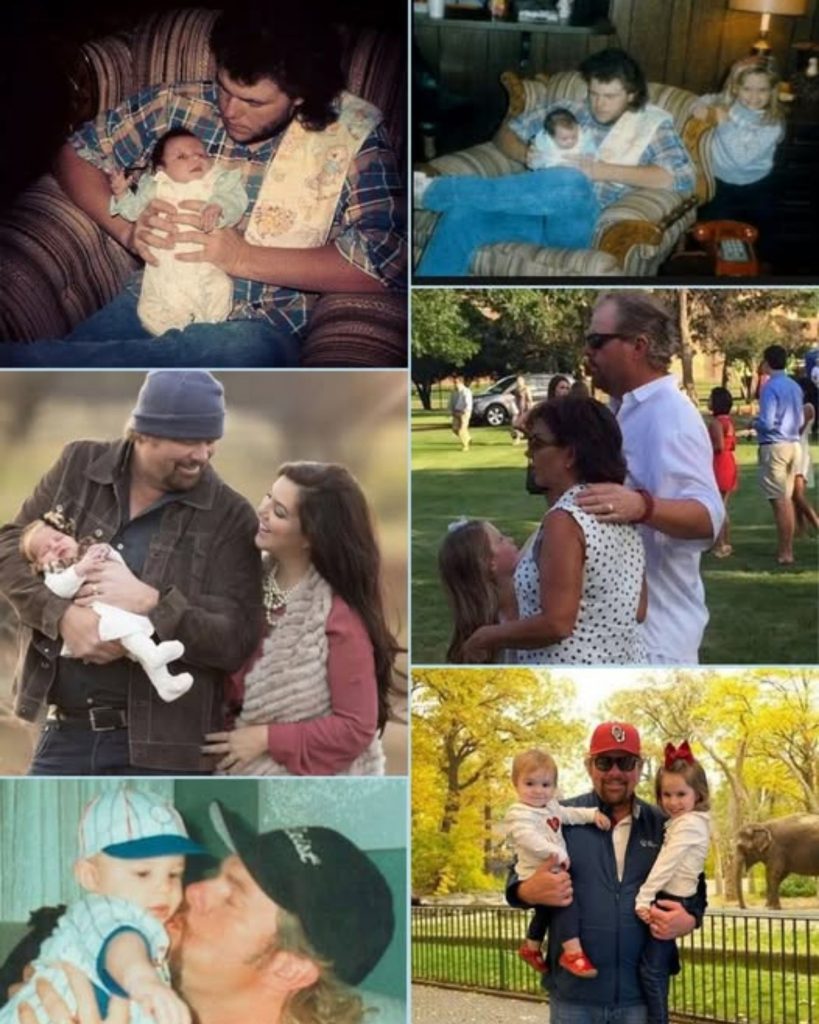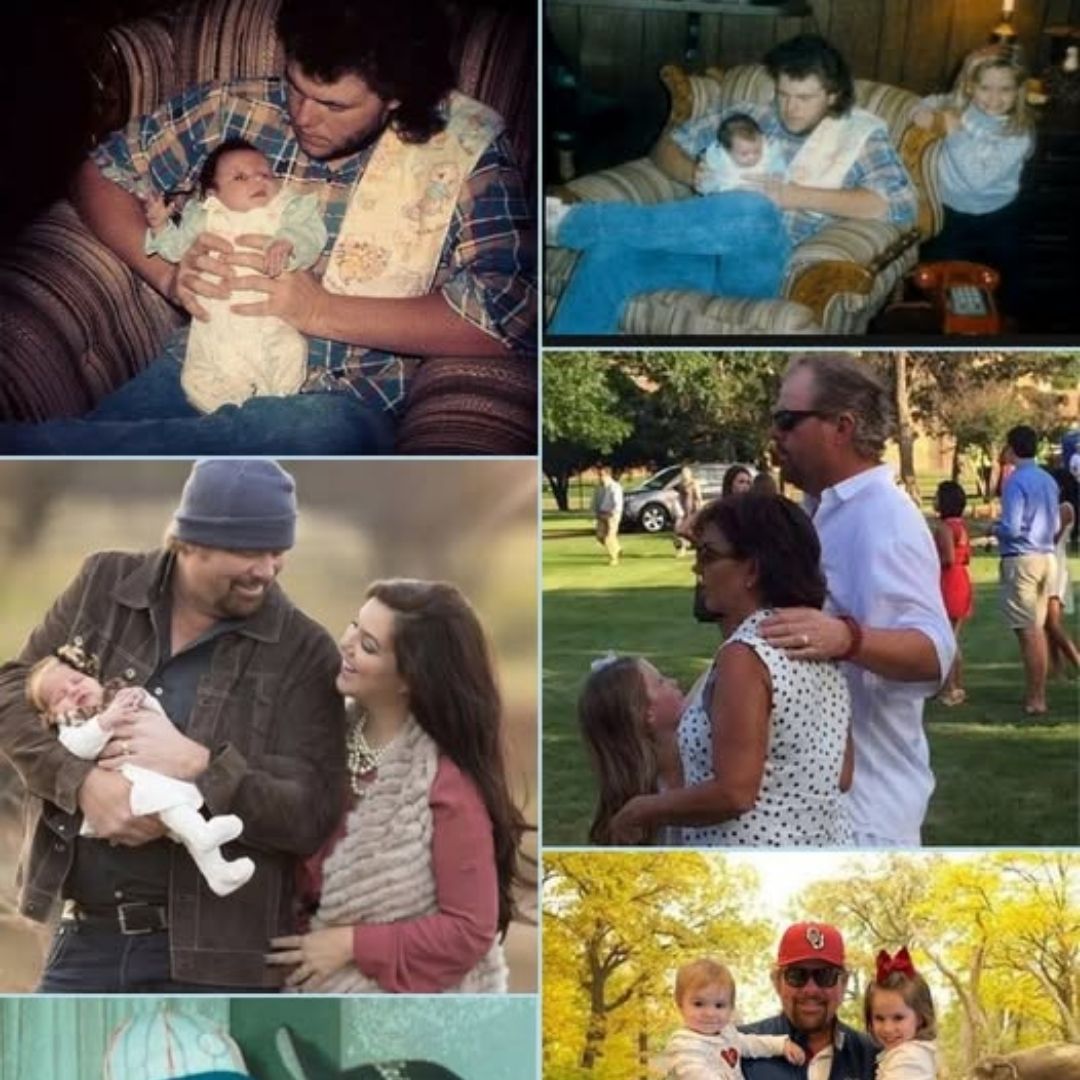
Introduction
Growing up in a small town, I remember summer evenings when my uncle would strum his guitar on the porch, playing country tunes that spoke of life’s truths. One song that always stood out was Toby Keith’s “Love Me If You Can.” Its raw honesty and unapologetic stance resonated deeply, echoing the stubborn pride of folks who stand by their beliefs. This song, released in 2007, isn’t just a melody—it’s a statement, a reflection of a man and a nation grappling with division and identity. Let’s dive into the heart of this country ballad and uncover its story.
About The Composition
- Title: Love Me If You Can
- Songwriters: Chris Wallin and Craig Wiseman
- Performer: Toby Keith
- Release Date: June 26, 2007
- Album: Big Dog Daddy
- Genre: Country (Mid-Tempo Ballad)
Background
“Love Me If You Can” emerged from a pivotal moment in Toby Keith’s career. Written by Chris Wallin and Craig Wiseman, the song was released as the second single from Keith’s 2007 album Big Dog Daddy. It marked a significant milestone as Keith’s first Billboard number one single since founding his own label, Show Dog Nashville, in 2005. The song was a response to the backlash Keith faced after his 2002 pro-war anthem “Courtesy of the Red, White, & Blue (The Angry American),” which had polarized audiences with its bold patriotism. In this mid-tempo ballad, Keith addresses his critics, asserting his steadfast convictions while pleading for understanding and peace.
The early 2000s were a time of heightened political tension in the United States, with the Iraq War and post-9/11 patriotism shaping public discourse. Keith, known for his outspoken persona, used “Love Me If You Can” to soften his image, expressing a desire for unity despite differences. Reviewer Kevin John Coyne gave the song a B rating, noting its “surprisingly earnest attempt” to bridge divides while acknowledging the necessity of war. The song became Keith’s 34th Top Ten single and 16th number one on the U.S. Billboard Hot Country Songs chart, cementing its place as a cornerstone in his repertoire, balancing his rebellious streak with a call for reconciliation.
Musical Style
“Love Me If You Can” is a quintessential country ballad, characterized by its straightforward structure and emotive delivery. The song follows a verse-chorus form, with a steady, mid-tempo rhythm that allows Keith’s baritone voice to shine. The instrumentation is typical of modern country: acoustic and electric guitars provide a warm, rhythmic foundation, while subtle steel guitar flourishes add a traditional twang. The arrangement is restrained, with a focus on Keith’s vocals and the lyrical message, avoiding flashy production to maintain authenticity.
The song’s melody is simple yet evocative, with a rising contour in the chorus that conveys both defiance and vulnerability. Keith’s vocal delivery is key—his gritty, conversational tone in the verses shifts to a more impassioned plea in the chorus, amplifying the song’s emotional weight. This contrast mirrors the lyrical tension between standing firm and seeking acceptance, making the song relatable to listeners navigating their own conflicts.
Lyrics
The lyrics of “Love Me If You Can” are its heart, weaving a narrative of personal conviction and a yearning for peace. Keith sings, “I’m a man of my convictions / Call me wrong, call me right / But I bring my better angels to every fight.” These lines establish his unyielding stance while suggesting a moral grounding. The chorus, with its plea—“Love me if you can, hate me if you will”—is both a challenge and an olive branch, acknowledging division but hoping for understanding.
Thematically, the song grapples with polarization, reflecting the cultural and political divides of its time. It’s not just about Keith’s personal experience; it speaks to anyone who’s felt misunderstood for their beliefs. The reference to praying “for peace on earth” adds a universal layer, elevating the song beyond a personal defense to a broader commentary on human conflict. The lyrics’ sincerity, paired with the understated musical arrangement, creates a powerful synergy that resonates with listeners.
Performance History
Since its release, “Love Me If You Can” has been a staple in Toby Keith’s live performances, often delivered with a quiet intensity that contrasts his more boisterous hits. Its chart success—debuting at number 42 and climbing to number one on the Billboard Hot Country Songs chart—underscored its immediate impact. The song’s message of standing firm yet seeking peace made it a crowd favorite, especially among fans who admired Keith’s bold persona.
Over the years, the song has been covered by other country artists and featured in tribute performances following Keith’s passing in 2022, highlighting its enduring appeal. Its inclusion in Big Dog Daddy, an album that showcased Keith’s creative control under his own label, further solidified its significance in his catalog. The song’s ability to connect with audiences across political and cultural lines has ensured its place in country music’s modern canon.
Cultural Impact
“Love Me If You Can” transcends its country roots, speaking to broader themes of individuality and reconciliation. Its release during a time of national division made it a cultural touchstone, offering a nuanced perspective in a genre often associated with unambiguous patriotism. The song’s message has resonated in various contexts, from political discussions to personal reflections on identity and belief.
While not as widely sampled or featured in media as some of Keith’s other hits, the song has appeared in country music compilations and radio retrospectives, often cited for its introspective tone. Its influence lies in its ability to humanize a polarizing figure like Keith, showing that even the most steadfast individuals seek understanding. In this way, it has contributed to country music’s ongoing dialogue about authenticity and empathy.
Legacy
The enduring importance of “Love Me If You Can” lies in its timeless message: the courage to stand by one’s beliefs while yearning for connection. In today’s polarized world, the song remains strikingly relevant, reminding us that conviction and compassion can coexist. It stands as a testament to Toby Keith’s evolution as an artist, moving beyond his “angry American” persona to reveal a more reflective side.
For performers, the song offers a chance to explore emotional depth, while for audiences, it’s an invitation to reflect on their own values and relationships. Its legacy is not just in chart numbers but in its ability to spark conversation and introspection, making it a lasting piece of country music history.
Conclusion
“Love Me If You Can” is more than a song—it’s a mirror reflecting the complexities of human conviction and the hope for unity. As someone who’s always been drawn to music that tells a story, I find this track profoundly moving for its honesty and heart. I encourage you to listen to Toby Keith’s original recording on Big Dog Daddy or check out live performances on platforms like YouTube to feel its raw emotion. For a deeper dive, explore the album’s other tracks to see how Keith balances bravado with introspection. This song is a reminder that even in our differences, there’s room for understanding—give it a listen and let it speak to you.
Video
Lyrics
Sometimes I think that war is necessary
Every night I pray for peace on Earth
I hand out my dollars to the homeless
But believe that every able soul should work
My father gave me my shotgun
That I’ll hand down to my son
Try to teach him everything it means
I’m a man of my convictions
Call me wrong, call me right
But I bring my better angels to every fight
You may not like where I’m going
But you sure know where I stand
Hate me if you want to
Love me if you can
I stand by my right to speak freely
But I worry ’bout what kids learn from TV
And before all of debatin’ turns to angry words and hate
Sometimes we should just agree to disagree
And I believe that Jesus looks down here and sees us
And if you ask him he would say
I’m a man of my convictions
Call me wrong, call me right
But I bring my better angels to every fight
You may not like where I’m going
But you sure know where I stand
Hate me if you want to
Love me if you can
I’m a man of my convictions
Call me wrong, call me right
But I bring my better angels to every fight
You may not like where I’m going
But you sure know where I stand
Hate me if you want to
Love me if you can
